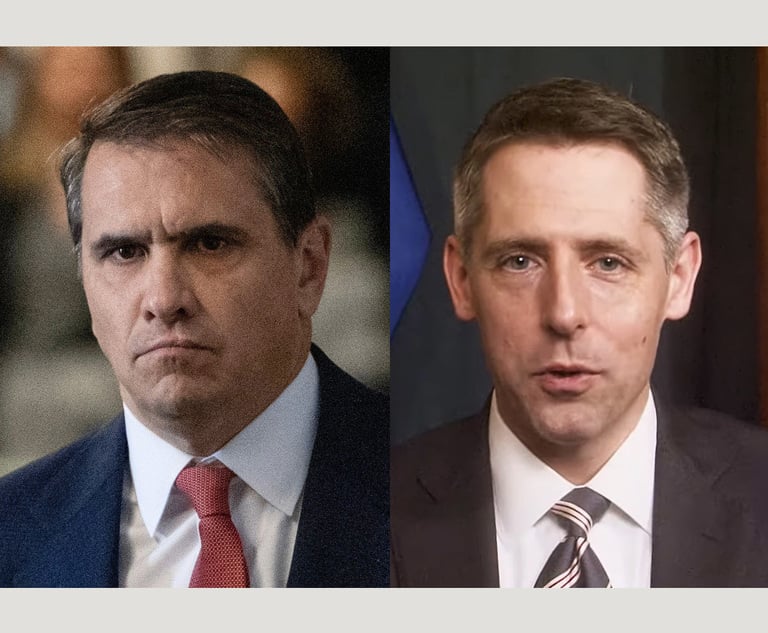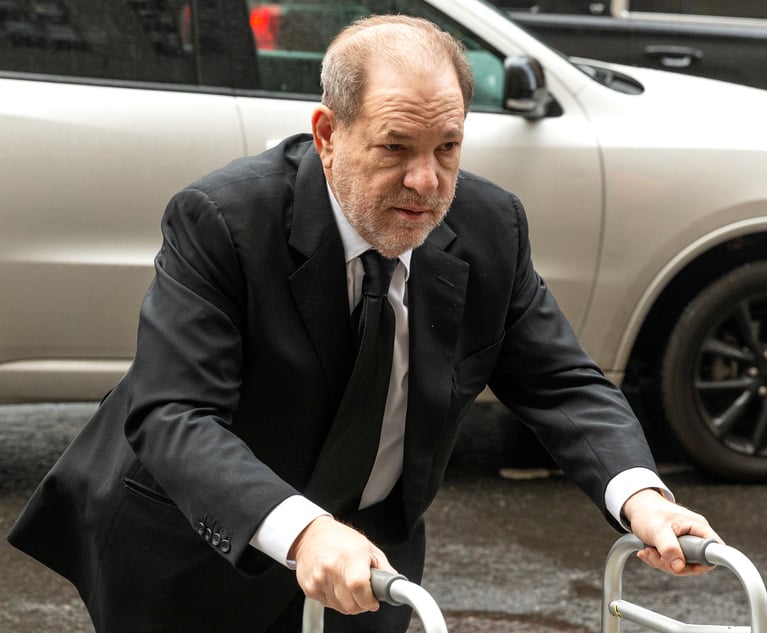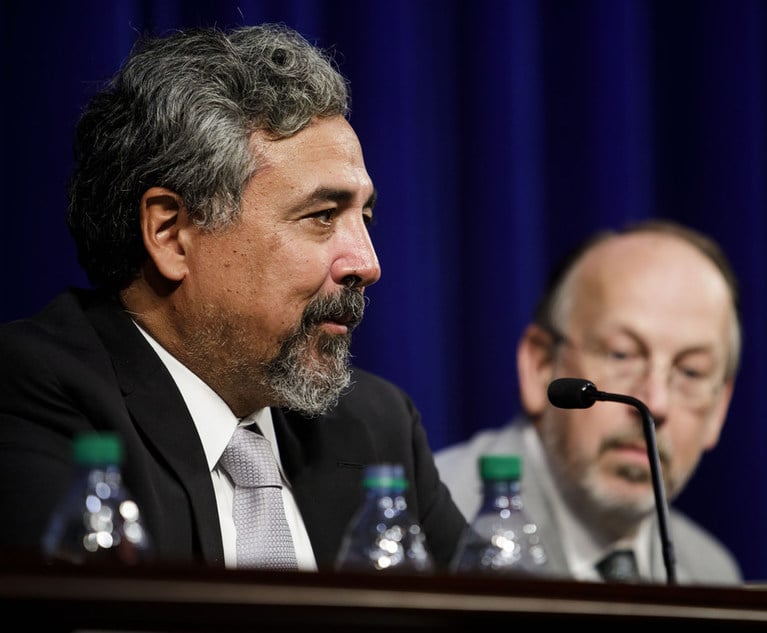In recent years, practitioners have observed a tension between criminal enforcement of the broadly written terms of the Sherman Antitrust Act of 1890 and the modern Supreme Court’s notions of statutory interpretation and due process in the criminal law context. A certiorari petition filed in late August in Sanchez et al. v. United States, no. 19-288, asks the Supreme Court to address this tension, as embodied in the judge-made per se rule. The rule, a longstanding feature of antitrust doctrine, provides that certain categories of agreements among competitors are barred without further inquiry regarding whether, in fact, they unreasonably restrained trade. The question presented in Sanchez is “whether the operation of the per se rule in criminal antitrust cases violates the constitutional prohibition—grounded in the Fifth and Sixth Amendments—against instructing juries that certain facts presumptively establish an element of a crime.”
Some notable recent cases in the financial arena have been criminally prosecuted under the Sherman Act. Two such cases include the acquittal last fall of three London-based foreign exchange traders tried in the Southern District of New York based on their participation in a chat room referred to as “the cartel” and the conviction just last month in the same court of former J.P. Morgan foreign exchange trader Akshay Aiyer. Justices on both ends of the Supreme Court’s ideological spectrum, animated perhaps by the criminal law jurisprudence of the late Justice Antonin Scalia, have shown marked hostility to judge-made rules that stray beyond the statutory text or trench upon the jury’s role in finding every element of a crime. With Justices Neil Gorsuch and Brett Kavanaugh now in the mix, the Sanchez petition offers an intriguing test of how far the court may be willing to press these principles in the face of longstanding precedent.


 Robert J. Anello and Richard F. Albert
Robert J. Anello and Richard F. Albert




